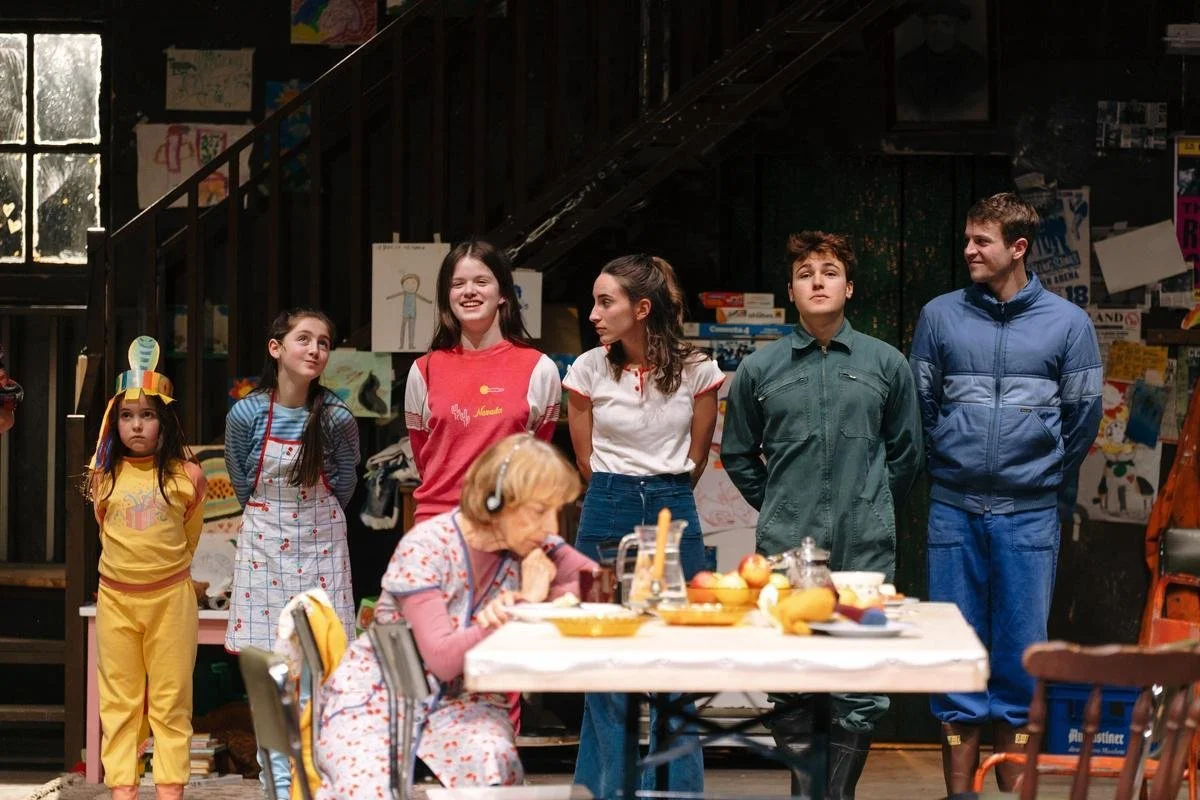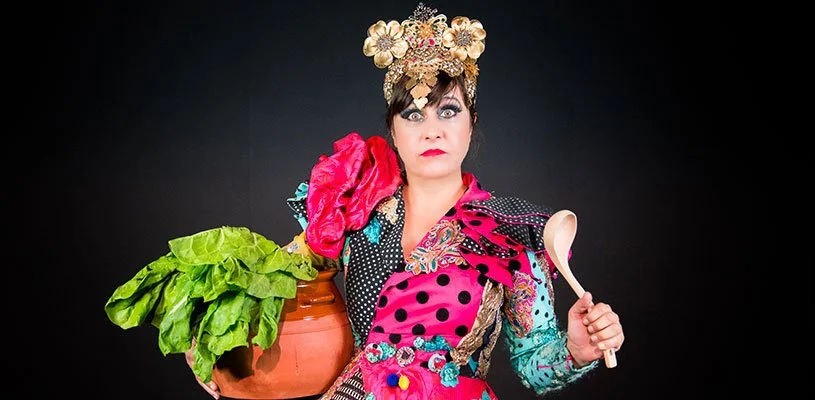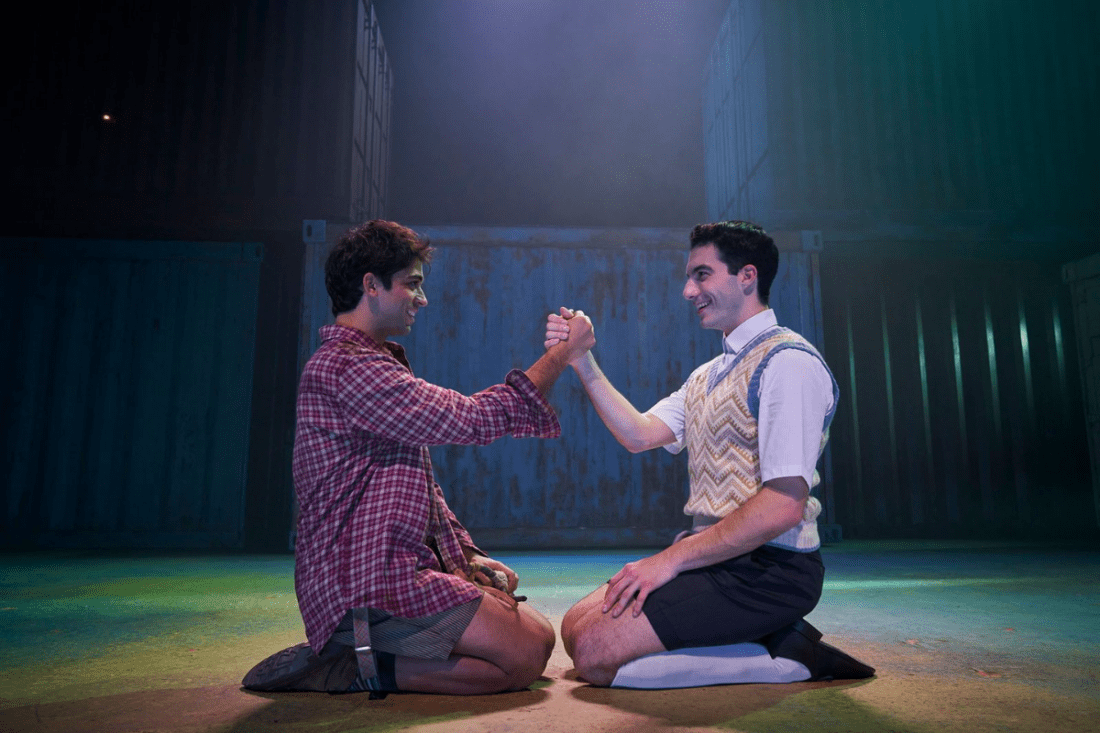La Trena (The braid), Teatre Goya Barcelona Review
Written by Laura for Theatre & Tonic
Disclaimer: Gifted tickets in exchange for an honest review.
Trigger warnings for the show: mentions of rape, abuse, sexism, cancer.
''La Trena'' is a Catalan play adapted from Laetitia Colombani’s book of the same name. It delves into the lives of three women, born in different parts of the world: Smita, fighting against India’s caste system; Giulia, trying to save her family business in Italy; and finally Sarah whose advocacy career in Canada is at risk due to a cancer diagnosis.Their interwoven stories unfold sequentially. The show, now on its second season, has been a major success in Catalonia and has won several national awards.
The set design is quite abstract, featuring three plain walls onto which images of India, Italy and Canada appear every time we switch characters. While the projections effectively set the scene, I believe the characters are distinct enough that the images feel somewhat unnecessary.
One aspect that particularly impressed me was the seamless transition among characters by the three main actresses, accomplished almost without pause, only through the addition or removal of small items of clothing. The actresses worked flawlessly together to achieve this like a well-oiled machine, making the play appear dynamic and entertaining.
The performances by Cristina Genebat, Clara Segura, Marta Marco and Carlota Olcina, were remarkable in all their roles. However, it’s disheartening to see a white actress portraying not one, but two Indian characters. I don’t understand how such casting choices are still being made nowadays. I was incapable of connecting with Smita’s story throughout the play.
The play, while engaging, felt superficial at times. There were frequent pauses in the action so the characters could tell us exactly how they felt in the plainest, clearest way possible. There was no room for subtlety or alternative interpretations.
Additionally, the conclusion of Smita’s story was unsatisfactory and morally questionable; the fact that the character is unaware that she is being taken advantage of, something which benefits the other two main characters, raises questions about what the author’s idea of solidarity is. Despite presenting itself as a feminist narrative of solidarity, the play felt inauthentic and superficial. For instance, the portrayal of motherhood versus career aspirations felt clichéd and outdated.
To my surprise, the play received a standing ovation, with some audience members visibly moved to tears. Perhaps I misunderstood its message on a fundamental level, as most of the reviews are positive as well. Nevertheless, I feel compelled to express my honest opinion.
I believe most of these issues stem from the original text rather than the production itself. The play was well structured, featured strong performances and was well staged. However, some of the choices made were quite too unfortunate for me to overlook.









